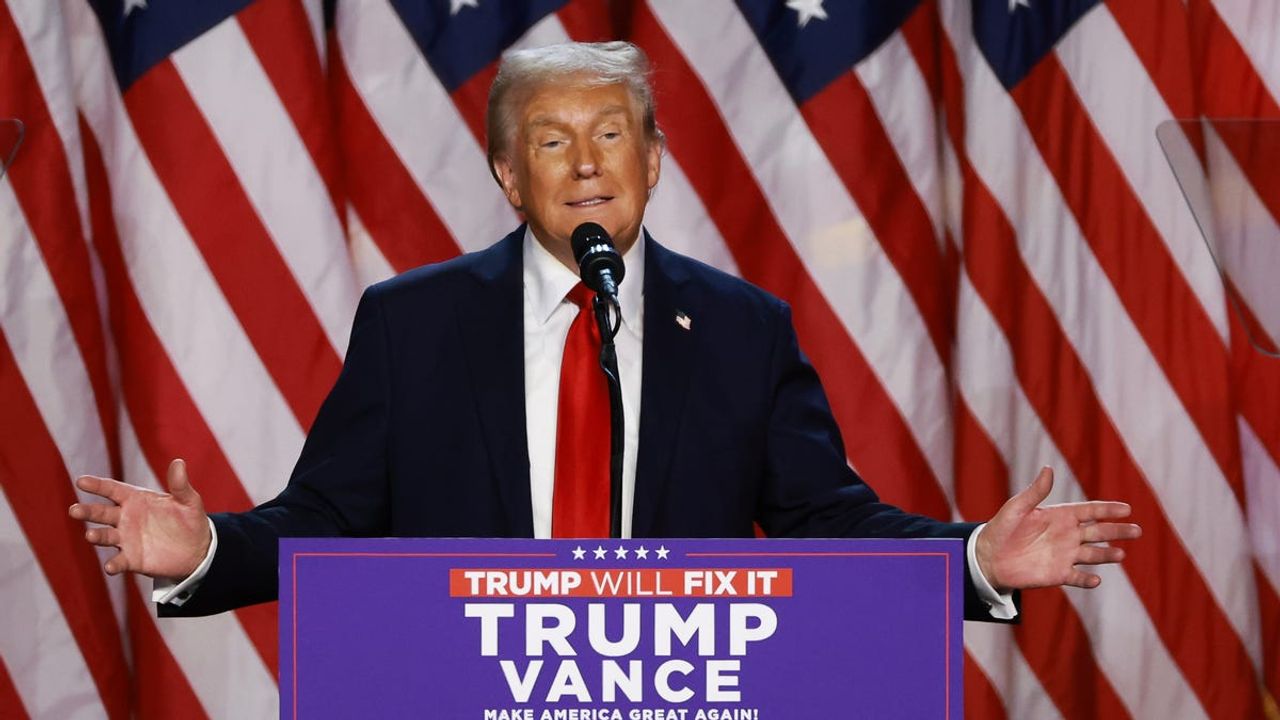Examining the Leading Candidates for Trump's Treasury Secretary
As Donald Trump gears up for his second administration, the shortlist for Treasury Secretary includes notable candidates like Scott Bessent and John Paulson. Discover the profiles and potential impact of these frontrunners.

Examining the Leading Candidates for Trump's Treasury Secretary
As President-elect Donald Trump prepares to announce the members of his second administration, the position of Treasury Secretary is drawing significant attention. Reports indicate that Trump is actively interviewing candidates at his Mar-a-Lago resort in Palm Beach, Florida, with several notable figures emerging as frontrunners for this critical financial role.
The Frontrunners for Treasury Secretary
1. Scott Bessent
Scott Bessent, a former executive at Soros Fund Management, is reportedly a leading candidate for Treasury Secretary. Now the founder of Key Square Capital Management, Bessent has maintained close ties with Trump, his family, and Vice President-elect J.D. Vance. He has a strong history of financial contributions to Republican causes, even donating $1 million to Trump’s inaugural committee in 2016. Although his recent discussions with Trump were not framed as official interviews for the Treasury post, his candidacy seems likely given his influential background in finance.
2. John Paulson
Another potential candidate is John Paulson, a billionaire hedge fund manager known for making significant profits during the 2007 financial crisis by shorting subprime mortgages. Paulson has publicly expressed willingness to serve in any capacity that could be helpful to Trump’s administration. He has also been a strong supporter of Trump's policies and has raised substantial funds for his campaigns.
3. Howard Lutnick
Howard Lutnick, CEO of Cantor Fitzgerald, is also in the mix. Serving as co-chair of Trump’s transition team, Lutnick has a longstanding friendship with Trump that dates back to the aftermath of the 9/11 attacks. His extensive fundraising efforts during the election cycle, amounting to over $75 million, underscore his influence within Republican circles. However, concerns have been raised regarding his ability to prioritize his duties to the president-elect over his business interests.
4. Robert Lighthizer
Robert Lighthizer, former U.S. Trade Representative under Trump, may also be considered for the Treasury position. Although there have been discussions about him returning to lead trade policy, sources indicate that he could pivot to the Treasury role, capitalizing on his experience shaping protectionist economic policies.
5. Larry Kudlow
Larry Kudlow, who previously served as the Director of the National Economic Council, remains a name in the conversation for Treasury Secretary. His background in financial news commentary could bring a fresh perspective to the department, especially relevant in today’s complex economic landscape.
6. Glenn Youngkin
Virginia Governor Glenn Youngkin, who previously worked at the Carlyle Group, is also reportedly on the shortlist. Youngkin has voiced his commitment to completing his gubernatorial term but maintains a strong relationship with Trump, which could lead to future opportunities within the administration.
7. Bill Hagerty
Lastly, Tennessee Senator Bill Hagerty, a prominent MAGA supporter, is also in contention for positions within the Treasury and State departments. However, there are hesitations within Trump’s camp about appointing sitting senators due to potential impacts on their Republican majority.
Conclusion
As Trump narrows down his choices, the implications of these appointments extend beyond mere titles. Each candidate brings a unique array of experiences and connections to the table, influencing Trump’s economic policies moving forward. Whether a George Soros disciple or a gold advocate, the next Treasury Secretary will undoubtedly play a pivotal role in shaping America's fiscal future.
In summary, the leading names, particularly Scott Bessent and John Paulson, highlight the growing intersection of politics and finance within the new administration, marking a critical juncture in Trump's continued influence over economic policies.



